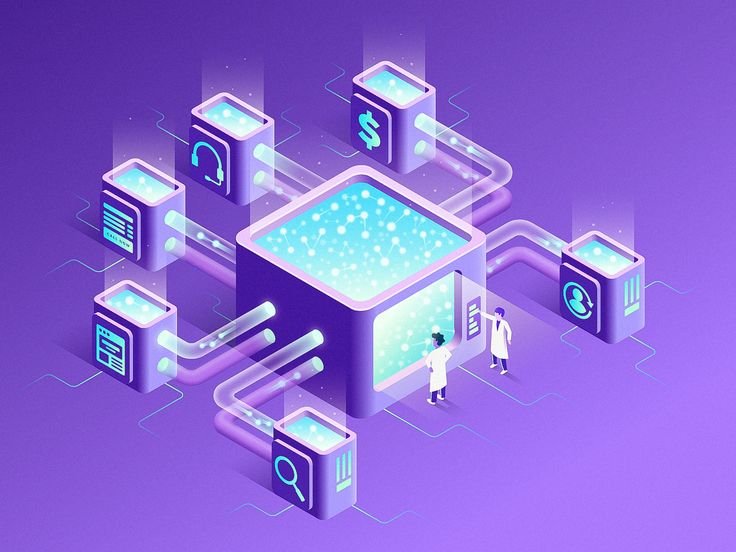In an era where data is often touted as the new oil, the significance of data science cannot be overstated. It’s not just a buzzword; it’s a transformative force shaping industries, driving innovation, and fundamentally altering the way we understand the world around us. From personalized recommendations on streaming platforms to predicting disease outbreaks, data science is at the heart of many modern advancements.
Understanding Data Science
At its core, data science is an interdisciplinary field that employs scientific methods, algorithms, and systems to extract insights and knowledge from structured and unstructured data. It encompasses a range of techniques, including statistics, machine learning, data mining, and visualization, to uncover patterns, make predictions, and inform decision-making.
The Data Explosion
The digital age has ushered in an unprecedented explosion of data. With the proliferation of internet-connected devices, social media platforms, and sensor technologies, we are generating data at an astounding rate. According to IBM, we create 2.5 quintillion bytes of data every day, a figure that continues to grow exponentially.
Applications Across Industries
Data science has found applications across virtually every industry imaginable, revolutionizing how businesses operate and how we interact with the world. In healthcare, it enables personalized medicine, disease prediction, and treatment optimization. In finance, it powers algorithmic trading, fraud detection, and risk assessment. In e-commerce, it drives recommendation engines and targeted advertising. The list goes on, demonstrating the versatility and impact of data science.
Challenges and Opportunities
Despite its promise, data science also presents challenges. Chief among these is the ethical use of data, ensuring privacy, fairness, and transparency in an age of big data and artificial intelligence. Additionally, there’s the issue of data quality and bias, which can skew results and undermine trust in algorithms.
However, these challenges also present opportunities for innovation and improvement. By prioritizing ethical considerations, investing in data literacy, and fostering interdisciplinary collaboration, we can harness the full potential of data science while mitigating its risks.
The Future of Data Science
As we look to the future, the role of data science will only continue to grow in importance. With advancements in areas such as deep learning, natural language processing, and edge computing, we can expect even greater breakthroughs in fields like healthcare, autonomous vehicles, and environmental monitoring.
Moreover, as the global economy becomes increasingly data-driven, the demand for skilled data scientists will soar. According to the U.S. Bureau of Labor Statistics, employment of data scientists and related occupations is projected to grow much faster than the average for all occupations.
Conclusion
In conclusion, data science represents a powerful tool for unlocking insights, driving innovation, and tackling some of the world’s most pressing challenges. By harnessing the vast potential of data responsibly and ethically, we can pave the way for a future where data truly empowers individuals, organizations, and societies alike. In a world awash with data, the possibilities are limitless—let’s seize them together.




